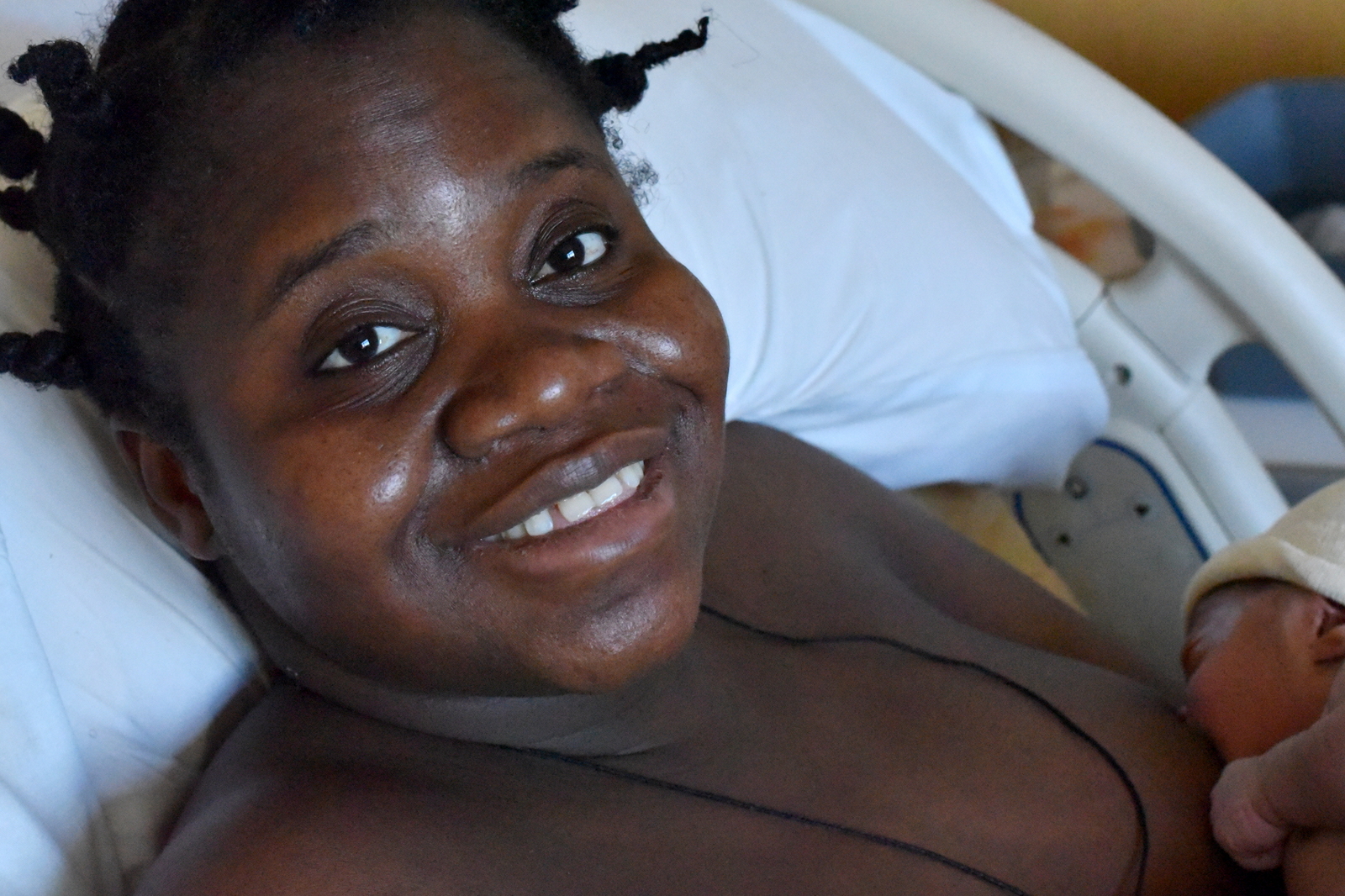What is a CNM (Certified Nurse-Midwife) or CM (Certified Midwife)?
A Certified Nurse-Midwife or Certified Midwife is a licensed healthcare professional who specializes in female’s reproductive health and childbirth. CNMs/CMs do more than just deliver babies. We provide health care and wellness care to people, which may include family planning, gynecological checkups, routine health exams and screening as well as prenatal care and attending birth. Also midwives are experts at lactation and support the breastfeeding experience. We care for women across the life span from adolescence to after menopause.
Midwife comes from an old English word meaning “with woman,” and since women have been the traditional birth attendants throughout history, midwives have existed for as long as babies have been born.
Where do CNMs practice?
94.9% of all CM/CNM attended births occur in hospitals and 2.5% in homes.
Vermont Vital Statistics for 2016 reveal Nurse-Midwives attended 23% of all the births. Midwife-attended births increased from about 1% in the mid-1970s to accounting for nearly 12% of all vaginal hospital births in 2013 in the US. In Vermont, nearly 1 in 4 babies is caught by midwife hands.
Today’s Vermont CNMs are valued and trusted healthcare providers who provide women with a low-tech, high-touch alternative to traditional gynecologic and obstetrical care.
What is the education and licensing credentials for CNMs/CMs?
Nurse-midwives must pass a national certification examination and earn a national certification as a certified nurse-midwife (CNM) through the American Midwifery Certification Board (AMCB). To qualify to sit for the CNM examination, candidates must possess a valid RN license and must have graduated from an ACME-accredited nurse-midwifery program. National certification has been a requirement for CNM practice since 1971. A new path to midwifery is also a Certified Midwife (CM) who possess the same education and accreditation exam as CNMs.
In Vermont, CNMs hold an Advanced Practice Registered Nurse (APRN) license and are able to provide care within a hospital setting and at home. Certified nurse-midwives possess the legal authority to practice in all U.S. states, as well as the District of Columbia. Therefore, they must become licensed through the state in which they practice. CNMs must possess a graduate-level degree in nurse-midwifery. The most widely recognized graduate degree for nurse-midwives is the Master of Science in Nursing (MSN), although master’s-prepared RNs may also complete post-Master’s certificate programs and doctoral programs in nurse-midwifery. The Accreditation Commission for Midwifery Education (ACME) is the sole accrediting agency for nurse-midwifery education programs in the U.S. There are other midwives in Vermont who provide home births, Certified Professional Midwives (CPMs) and they are certified through NARM (North American Registry of Midwives)
Can I have an epidural in labor while using a CNM to attend my birth?
The quick answer is yes. Most CNMs attend births in a hospital setting and if epidurals are available, the CNM can prescribe them if a birthing person desires anesthesia during their birth. A physician anesthesiologist or nurse anesthetist will do the actual placement of the epidural.
Nurse-Midwives support a non-intervention approach to birth while they also provide individualized care. This means they support what is right or needed for each person and family they care for. CNMs support techniques for pain management that encourage the natural process, such as showers, massage, acupressure techniques, homeopathy, upright positions, changing positions frequently & sitting on a birthing ball.
What happens if there is a need for an operative birth such as a c/section?
A Nurse-Midwife cannot perform surgery for the birth of a baby, however, in some settings, the midwife can assist the physician with the surgery. CNMs provide care within a system of collaboration with OB/Gyn physicians. The MD working with the Nurse-Midwife will perform the c/section and the midwife continues to care for the person before and after the surgery, and many times they can be present to provide emotional support during the surgery.
Can my CNM prescribe my Birth Control?
Yes! As APRNs (Advanced Registered Nurse Practitioners) CNMs hold prescription privileges to prescribe birth control pills, IUDs, and other forms of birth control. Nurse-Midwives focus on women’s health care and also provide gynecological care, including annual exams, birth control, family planning and menopausal care as well.
Is midwifery care covered by health care insurance?
Certified Nurse-Midwifery care is covered by all insurance plans in Vermont state by law, including Medicare and Medicaid.


